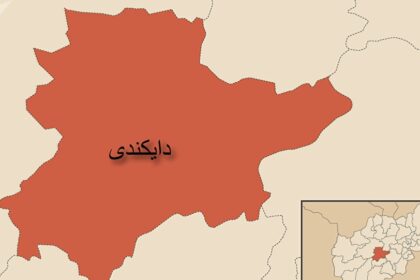RASC News Agency: Reports from Nangarhar indicate a sharp surge in insecurity and violence in recent weeks, with local sources confirming a worsening security situation across the province. According to these sources, the Taliban have failed to establish stability; rather, their presence has frequently coincided with security incidents, further endangering local residents. Human rights organizations had previously warned of a severe deterioration in Nangarhar’s security climate. Situated in eastern Afghanistan and sharing a porous border with Pakistan, the province has become an epicenter of growing instability, exacerbated by the expanding presence of terrorist factions, including ISIS and al-Qaeda. Its strategic geographic location has made it a prime target for extremist groups seeking to bolster their influence. The Taliban, despite asserting control, have reportedly provided safe havens for militant organizations, further complicating the security landscape.
Reports indicate that the escalating presence of extremist and terrorist elements remains a primary driver of instability in Nangarhar. In recent years, ISIS has carried out a series of deadly attacks, instilling widespread fear among civilians. Simultaneously, the Taliban have tightened their grip on various districts, intensifying their operations through arbitrary detentions and acts of torture, further aggravating the region’s deepening humanitarian and economic crisis. Additionally, internal ethnic and tribal disputes have compounded Nangarhar’s security challenges. Many areas, plagued by persistent tribal conflicts and the absence of effective governance, have devolved into sanctuaries for terrorist activities. As a result, the province remains entrenched in crisis, with its residents bearing the brunt of relentless violence and lawlessness.
Despite the Taliban’s efforts to assert control by suppressing opposition, insecurity remains an ever-present threat, leaving Nangarhar on the precipice of further turmoil.






